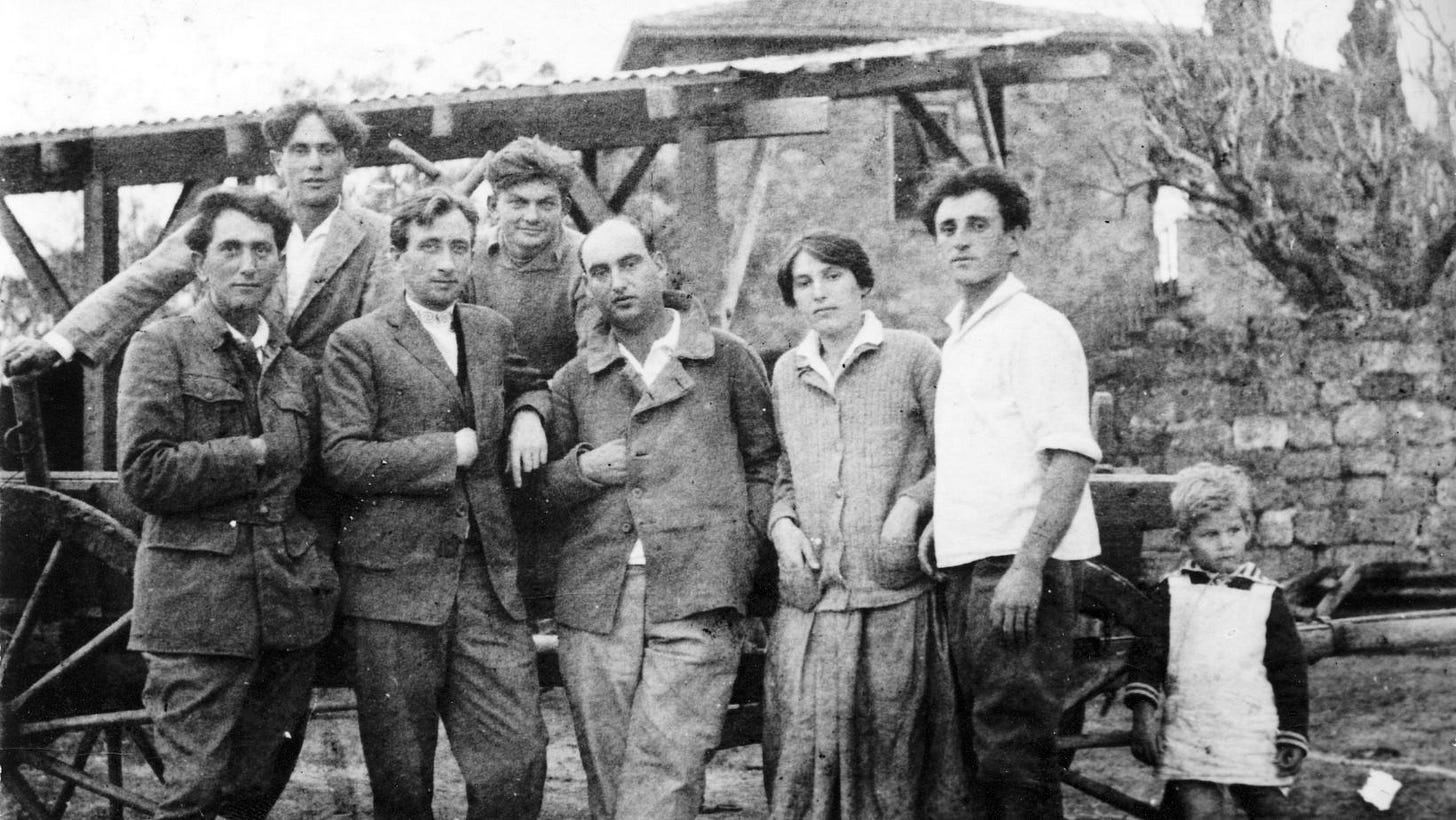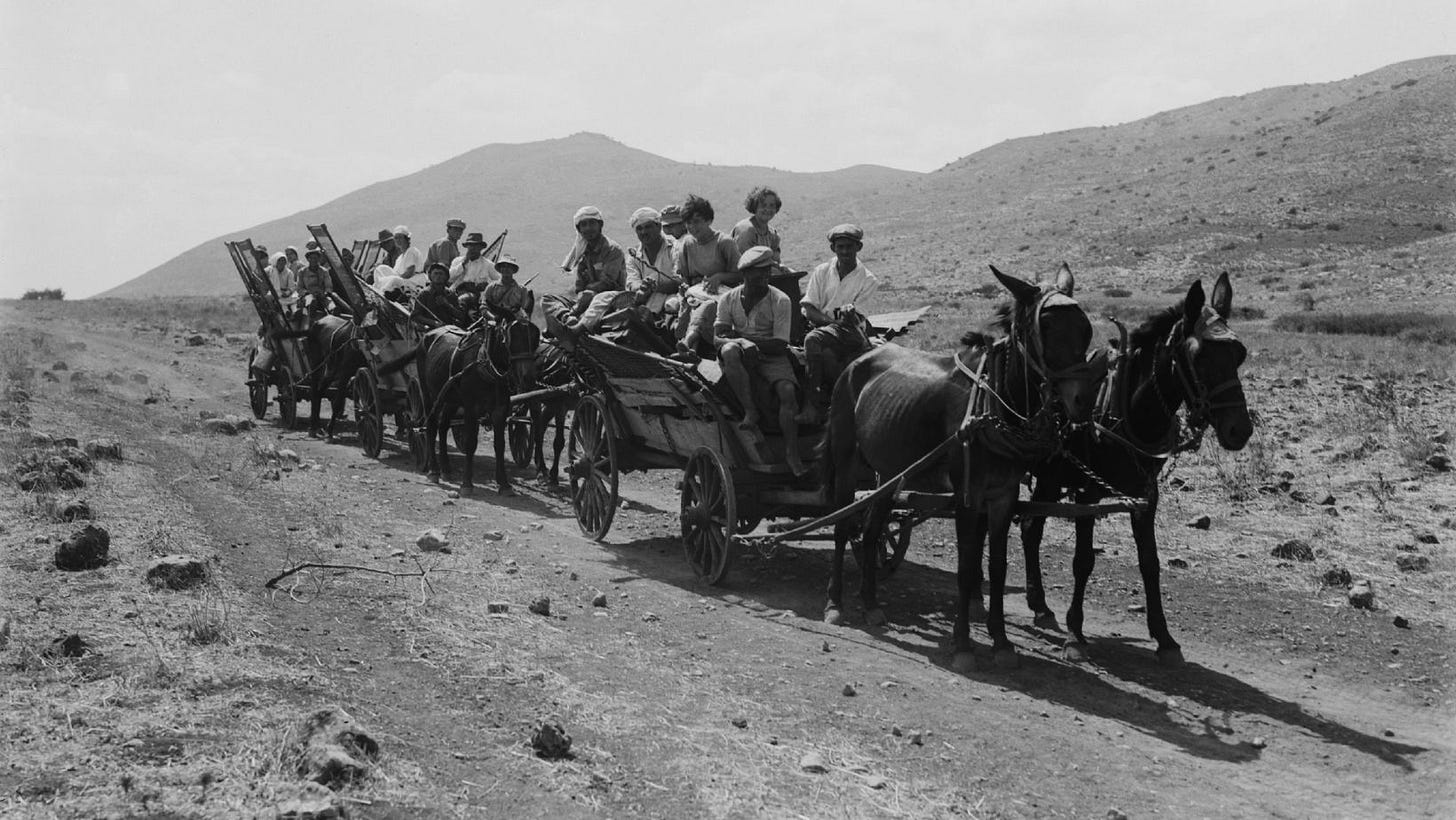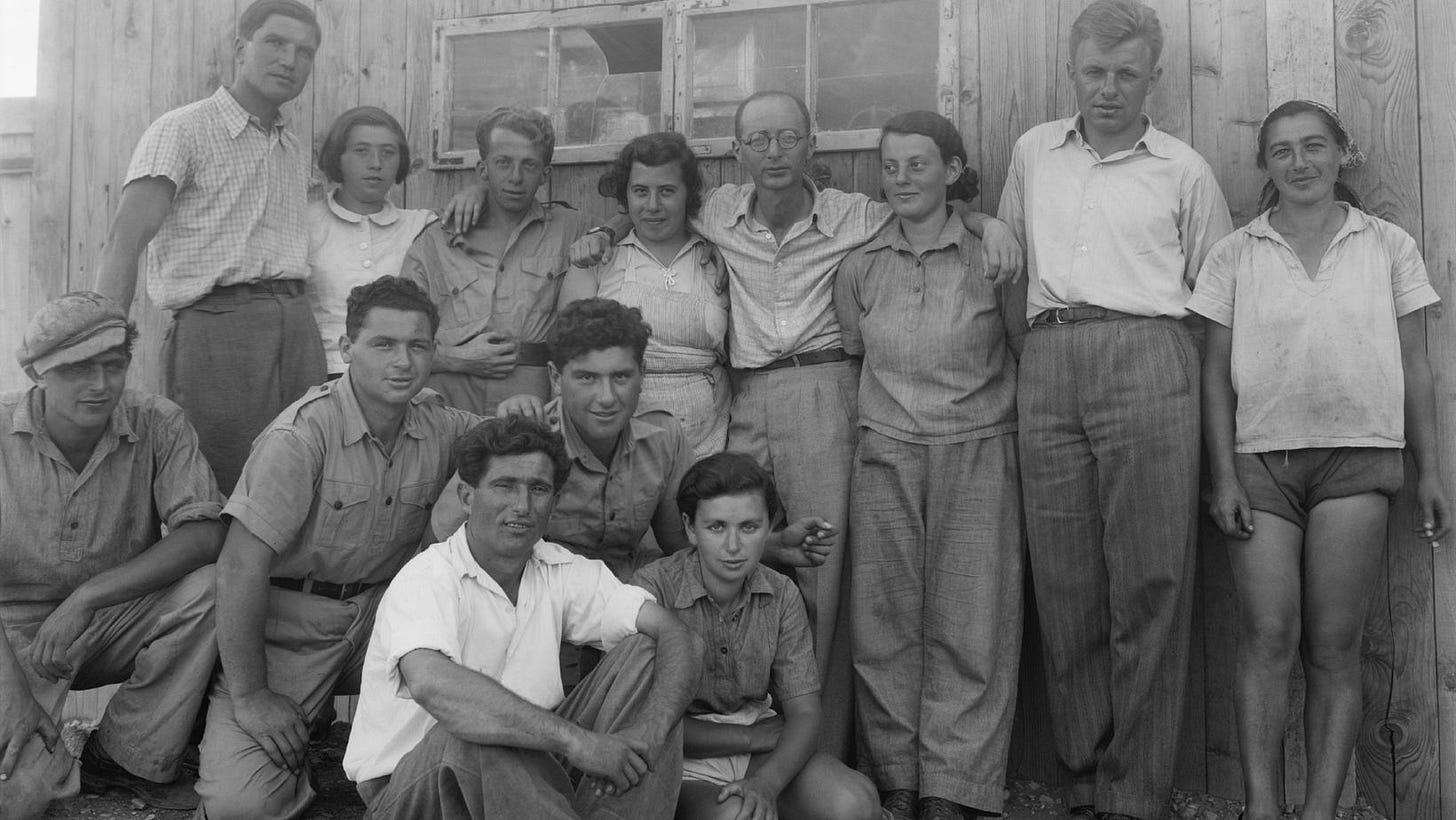The Case for Israel: Retelling the Story of Zionism
Part 1 in a Multi-Part Series Exploring the Missing Context in the Discourse Around Israel
While Israel is fighting a war for its survival against Hamas, Hezbollah, and their sponsors in Iran, there is another war being fought here in America. Especially on college campuses, this is an information war for the legitimacy of Israel
For more than two decades, the BDS (Boycott, Divestment and Sanctions) movement has been working tirelessly on college campuses to demonize and delegitimize Israel and its right to exist. Today, we are witnessing the troubling results of this campaign.
This article will be Part 1 of several articles to help support this information campaign that we’ll call: “The Case for Israel.”

Ever since Israel declared independence in 1948, there has been a pervasive and dangerous myth in the Middle East that undermines any hope for peace. Israel’s enemies claim that the Jewish state was created at the expense of the Arabs of Palestine in order to ease the conscience of the world over the tragedy of the Nazi Holocaust.
The modern version of this effort to delegitimize the Jewish state is the false accusation that Israel is, “a White European colonial settler society.”
The myth—that Israel was born in sin—continues to fuel the fires of the conflict. It is behind the efforts to delegitimize Israel here in America. We must retell the story of Zionism for multiple reasons: to bring about peace, to support Israel in America, and to reaffirm Israel’s right to exist.
It’s important to remember that the area referred to geographically as Palestine had always been under control of larger Middle Eastern empires. Until the British took over in 1917 as a result of World War I, it had been controlled by the Ottoman Empire for 400 years. Britain’s temporary control of Palestine was recognized by the League of Nations. In 1920, the British were given a “mandate” to bring the peoples of the area to independence.
After World War II, the British decided to turn the complex issue of Palestine over to the newly created United Nations. In 1947, the United Nations created a committee to investigate and recommend a solution for the future of Palestine. It was called the United Nations Special Committee on Palestine or UNSCOP, which had representatives from eleven countries.
While there is no doubt that the tragedy of the Holocaust had an influence on the members of UNSCOP, what they saw during their visit to Palestine in 1947 had a much more profound effect on their eventual decision to recommend partition. They saw a well-organized Jewish community that had already created the institutions necessary for an independent state.

What were those realities, and how were they created?
During the 50 years of intense Zionist activity prior to 1947, the Jewish community of Palestine had created Hebrew-speaking schools, Hebrew newspapers, Hebrew theatre, agriculture, industry, a health care system, and a Hebrew University in Jerusalem. None of these accomplishments were done overnight.
In 1897, Theodor Herzl created the Zionist organization. Beginning the difficult process of nation building, the organization’s goal was to create a Jewish state in Palestine. And to be clear, Zionism was nothing less than the desire of the Jewish people, an indigenous people of the Middle East, to return to their ancient homeland in the Land of Israel. In fact, today more than half of the Jewish population of Israel is comprised of families who never left the Middle East or North Africa.
Land that was legally purchased from Arab landowners by the Jewish National Fund—a creation of the Zionist organization—allowed for the building of Jewish cities and farms. This year we mark the 114th anniversary of the founding of Tel Aviv. Other Jewish cities like Rishon L’Zion, founded in 1882, even pre-date the Zionist movement.

Prior to the outbreak of World War II and the Nazi Holocaust, the Jewish population of Palestine already numbered 450,000. And by 1947, the Jewish population of Palestine was 630,000.
On November 29, 1947, the United Nations General Assembly voted to accept the recommendation of UNSCOP and supported the partition of Palestine into two states: one Jewish and one Arab. By doing so, they were simply validating a reality that already existed.
On December 1, shortly after that historic vote, the London Times published an editorial that supported the decision of the United Nations with this powerful argument: “It is hard to see how the Arab world, still less the Arabs of Palestine, will suffer from what is mere recognition of an accomplished fact—the presence in Palestine of a compact, well-organized, and virtually autonomous Jewish community.”
There is no doubt that when the United Nations voted on partition, they did so with full knowledge that the Jewish people had earned the right to statehood through legal land purchases and the hard labor and sweat of Jewish pioneers.
It’s also important to note that the land area of the Jewish state proposed under the U.N. Partition Plan was a miniscule 5,500 square miles. At least 70% of the land area assigned to Israel was desert and virtually empty of any population. Jerusalem was to be an international city administered by the U.N. By comparison, Indiana is 36,000 square miles.
As we know, the leadership of the Zionist movement and the Jewish community of Palestine accepted the decision of the United Nations with great joy and celebration. And they did so with full recognition that they need to share the land with their Arab neighbors. Tragically, the Arabs of Palestine and the Arab world, rejected the U.N. Partition Plan. In 1948, they launched the first war for the destruction of Israel.
Had the Arabs accepted the U.N. decision on partition, there would have never been an Arab-Israeli conflict; and today, the Palestinians would have been celebrating 75 years of independence.
Recognition of these fundamental facts by Israel’s Palestinian neighbors and the Arab world will open the door to peace through the two-state solution. An understanding of this simple history lesson by anti-Israel students on American campuses would cause them to re-think the slogans they shout calling for the destruction of Israel.
Bob Feferman
Community Relations Director


